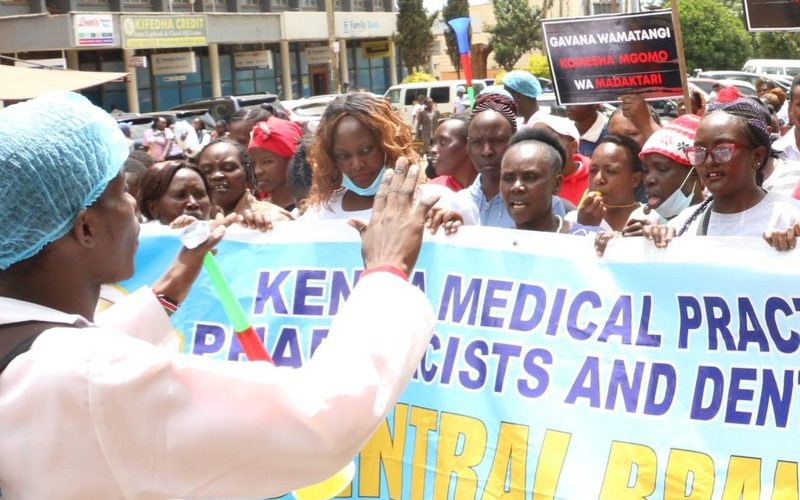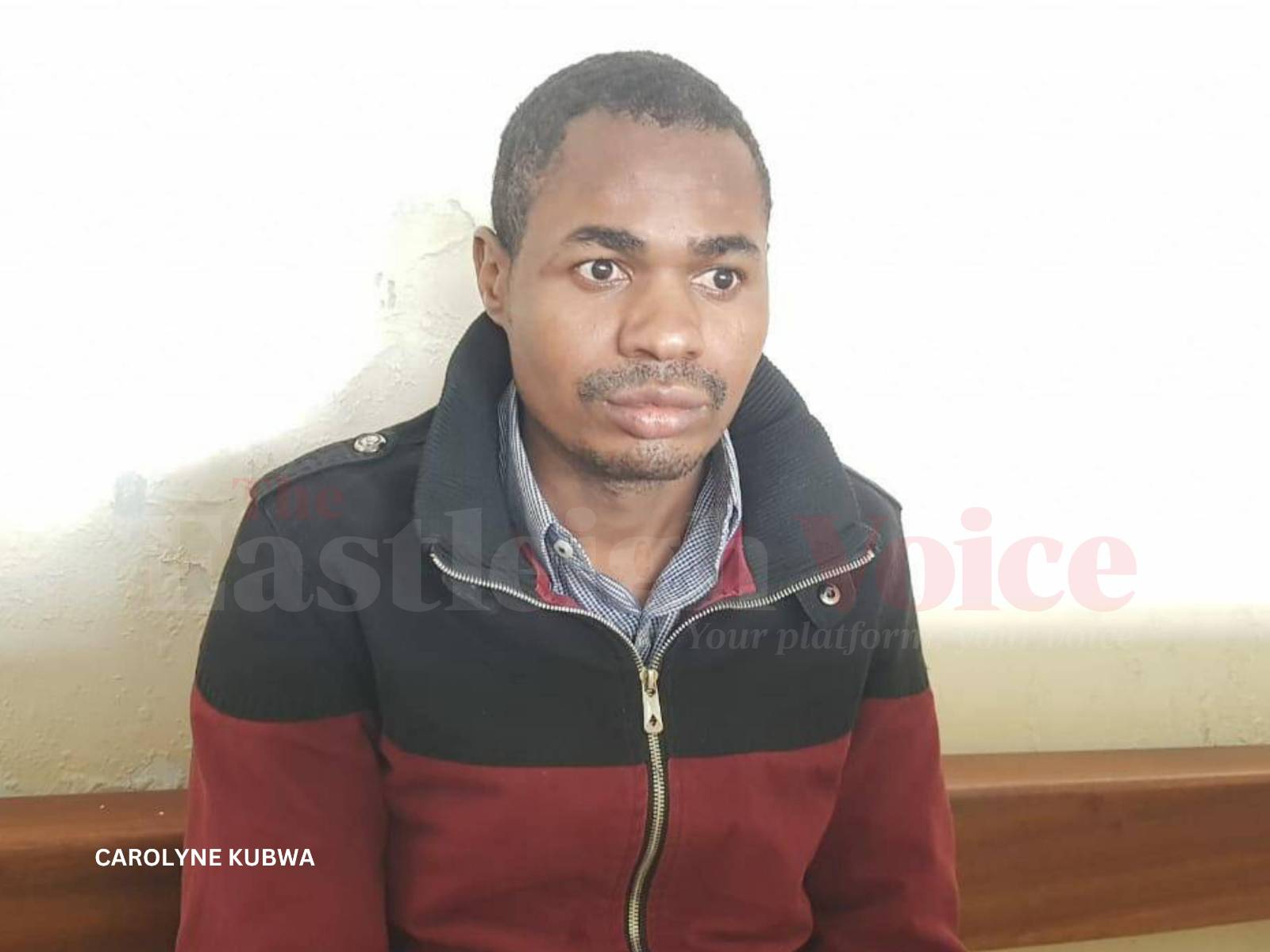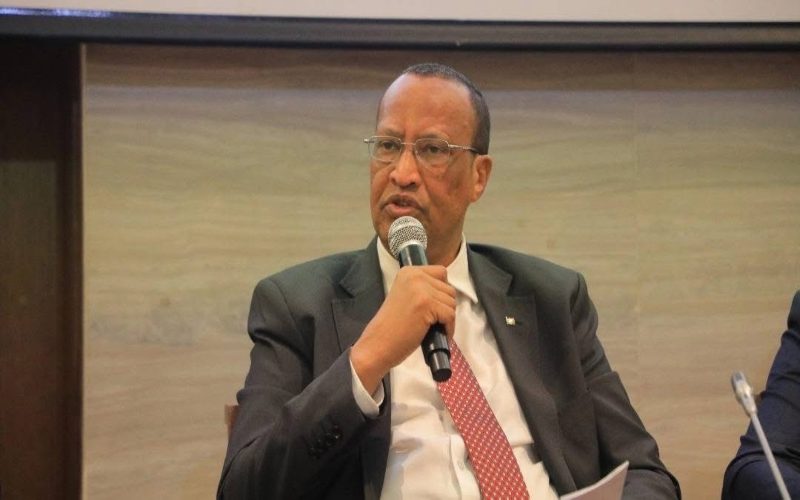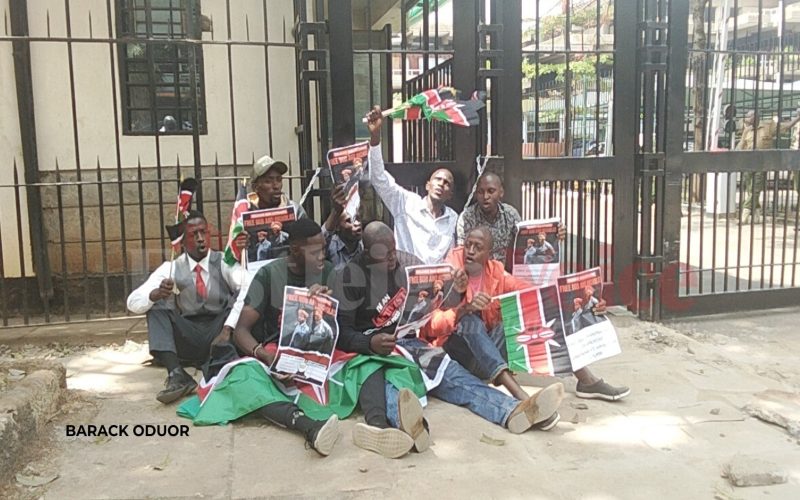Kenya urges vigilance on International Day for Prevention of Violent Extremism

The Council stressed the collective responsibility to foster inclusive and strong community partnerships where extremism cannot thrive.
Kenya on Monday observed the International Day for the Prevention of Violent Extremism with calls for concerted efforts to address the growing menace of violent extremism to ensure the safety of both individuals and the nation at large.
The Inter-Religious Council of Kenya (IRCK), a coalition of major faith communities in the country, said continued vigilance plays a pivotal role in bolstering community resilience against the insidious threat of violent extremism.
More To Read
- Egypt inches closer to troop deployment in Somalia amid regional tension
- Human trafficking ring busted in Nigeria, two women bound for Somalia rescued
- Yemen, Somalia hold security talks in Aden to strengthen bilateral cooperation
- Somalia approves independent Human Rights Commission in historic milestone
- Somali Army warns against misuse of uniforms following Al-Shabaab attack
- Uganda, Somalia sign cooperation deals to boost trade, regional stability
The Council stressed the collective responsibility to foster inclusive and strong community partnerships where extremism cannot thrive.
Emphasizing the importance of recognizing early warning signs, the IRCK articulated its commitment to mobilizing religious infrastructure and resources across all levels.
"Our primary aim is to raise awareness about the perils linked to violent extremism and terrorism and foster enhanced cooperation in countering these threats," said IRCK.
Comprising influential entities such as the Supreme Council of Kenyan Muslims, Seventh Day Adventist Church, National Muslim Leaders Forum, Kenya Conference of Catholic Bishops, Hindu Council of Kenya, Organization of African Instituted Churches, Evangelical Alliance of Kenya, Shia Ithnasharia Muslim Association, and the National Council of Churches of Kenya, IRCK functions as a platform to deepen interfaith dialogue and collaboration.
The coalition strives for a common endeavor to mobilize the unique moral and social resources of religious communities to address shared concerns.
The overarching mission of the IRCK is to promote justice and cohesiveness among diverse communities through dialogue and shared values for mutual co-existence.
The theme for this year's International Day for the Prevention of Violent Extremism: "Preventing Violent Extremism as and when Conducive to Terrorism: From Programming to Real World Impact," serves as a clarion call for all actors involved in preventing and countering violent extremism to translate plans, laws, strategies, and other initiatives into tangible actions aimed at mitigating the impact of terrorism.
The Directorate of Criminal Investigations (DCI) called for a concerted Plan of Action to encompass essential security-based counter-terrorism measures, " as well as systematic preventive steps to address the underlying conditions that drive individuals to radicalize and join violent extremist groups."
"Being observant is key to preventing violent extremism," it added.
Kenya currently holds the 20th position on the Global Terrorism Index for 2023. The Gender Responsiveness and Youth Leadership (GCERF) highlighted that after a relatively calm period in the initial months of the year, violent extremist incidents intensified during the second half of 2021, particularly in the northeast regions of Garissa, Wajir, and the Coast in Lamu, where al-Shabaab was primarily responsible for most incidents.
The Government of Kenya, in collaboration with civil society actors, have been actively working to counter violent extremism and respond to the escalating risks.
The militant group al-Shabaab which controls parts of southern Somalia has besieged the UN-backed Federal Government in Somalia and also harbours territorial ambitions against Kenya.
It has carried a guerrilla insurgency targeting security forces and installations across North Eastern counties that share a long and porous border with Somalia.
Top Stories Today












































